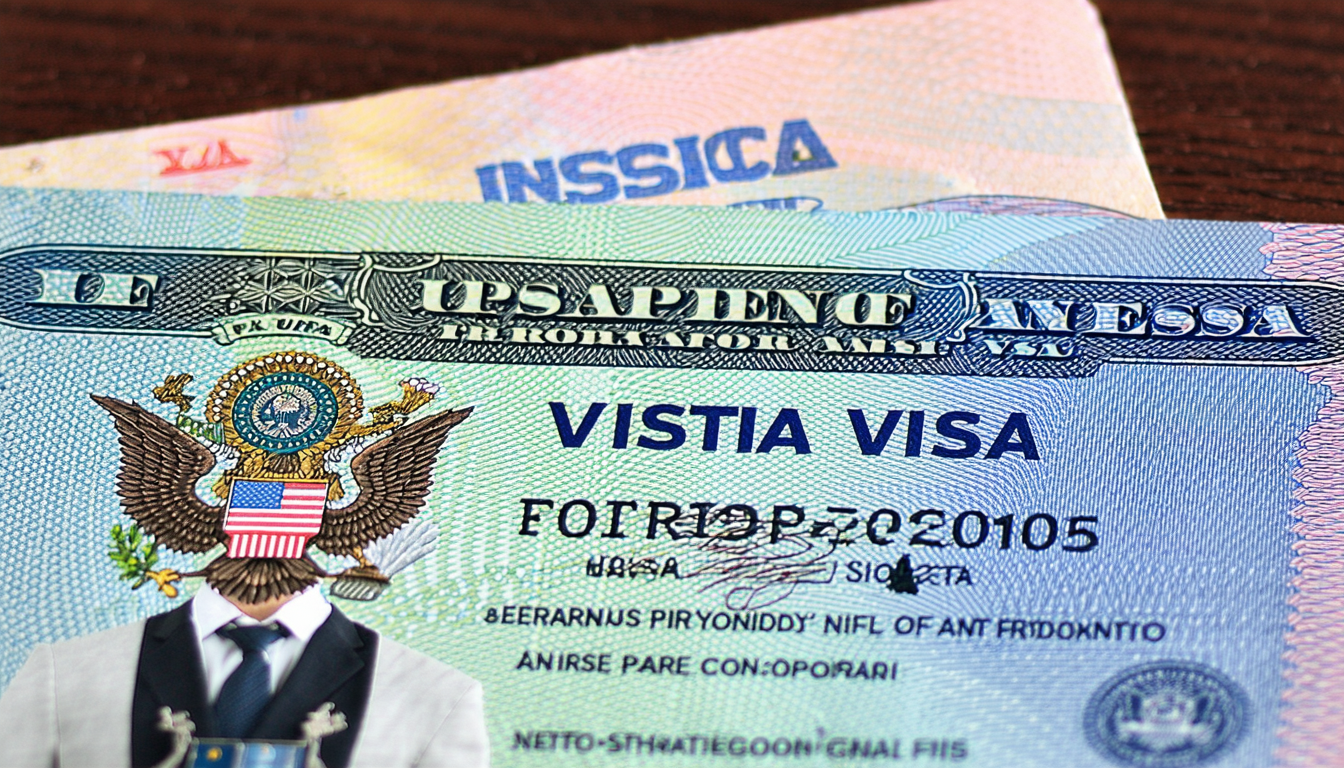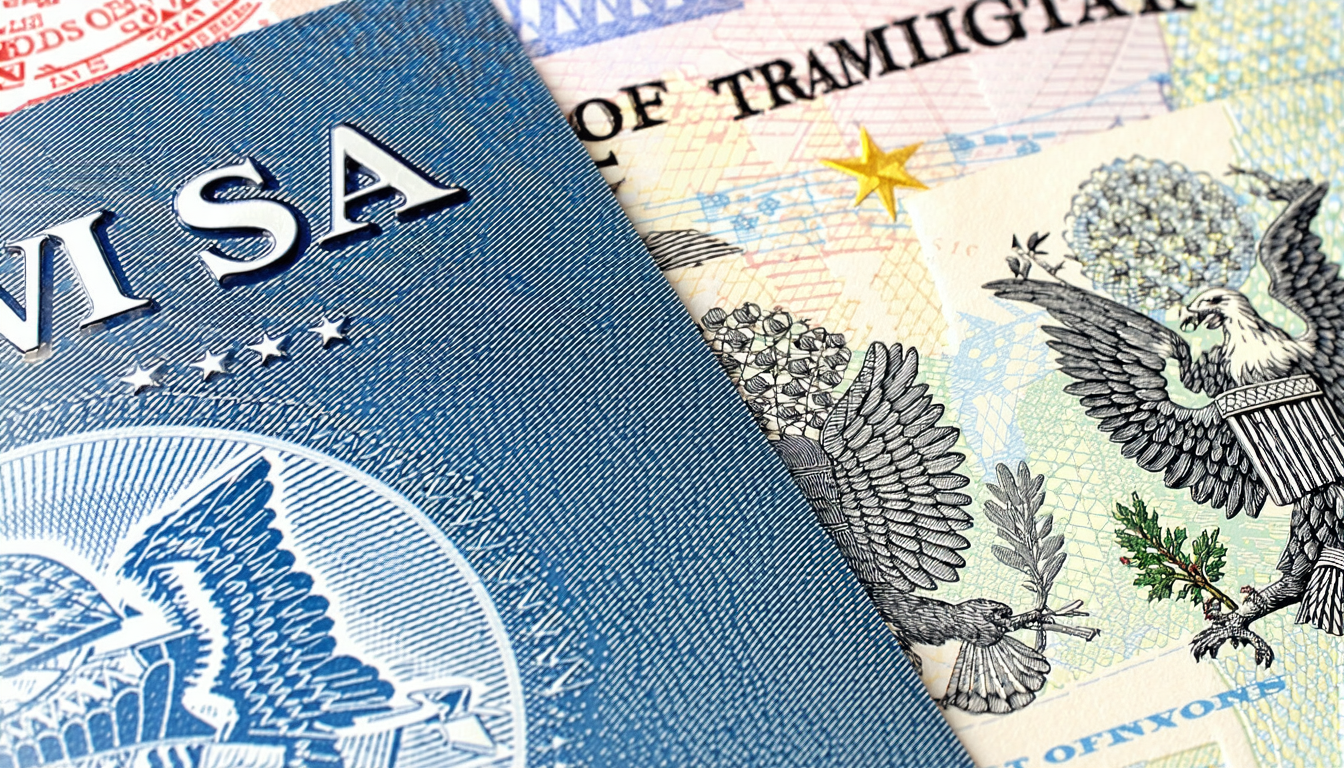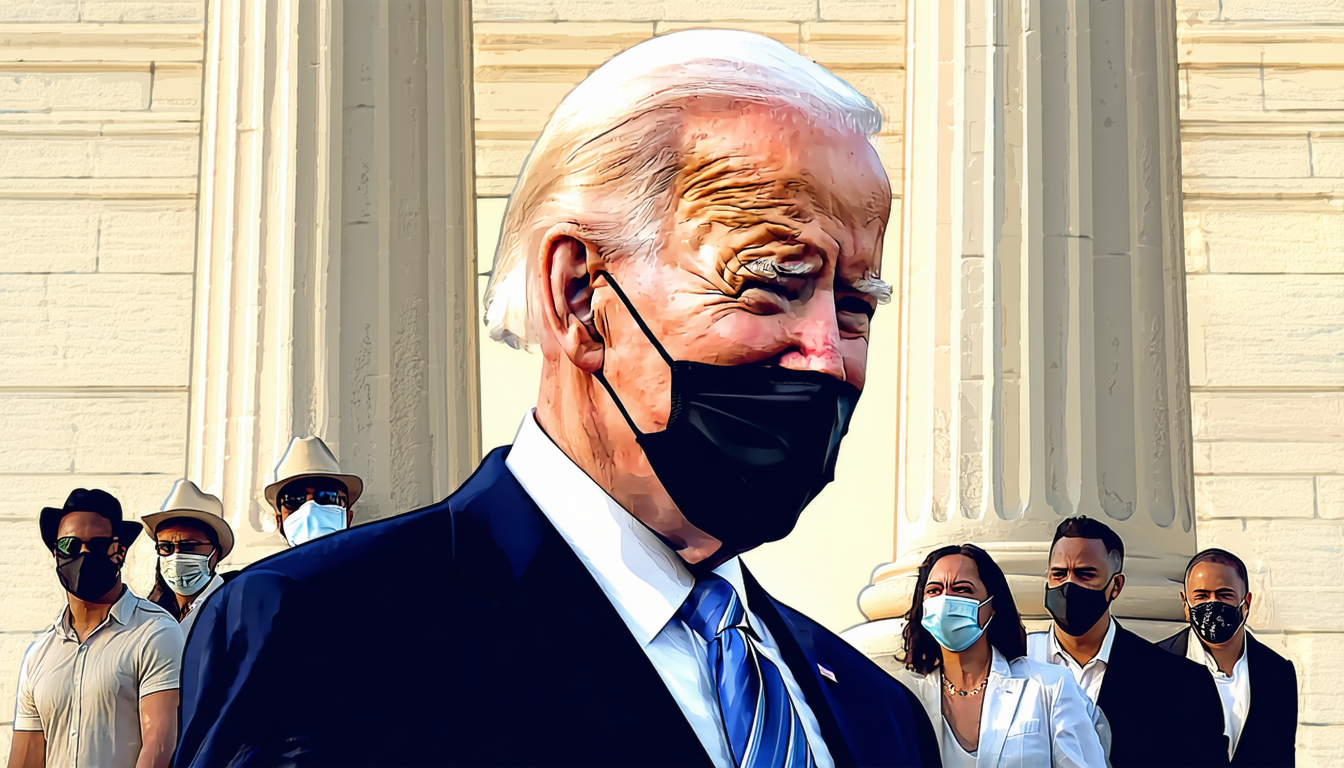In a significant development for immigration services across the United States, federal authorities have unveiled a comprehensive overhaul of the visa application system designed to simplify the process for applicants ready to start their visa journey. The initiative, announced yesterday by the Department of Homeland Security, aims to reduce processing times by up to 40% while improving accessibility for applicants from diverse backgrounds.
Digital Transformation Revolutionizes Application Process
The centerpiece of this reform is a new digital platform that allows applicants to complete their entire visa application online. The system, which goes live next month, represents the most substantial technological upgrade to the immigration process in over a decade.
“This platform fundamentally changes how people start your visa journey,” explained Maria Rodriguez, Director of Immigration Services at DHS. “We’ve eliminated redundant paperwork, integrated multiple databases, and created an intuitive interface that guides applicants through each step of the process.”
The new system includes real-time application status tracking, automated document verification, and multilingual support in 12 languages. Early testing indicates the platform reduces common application errors by nearly 60%, addressing one of the primary causes of visa delays.
Expanded Consular Services Address Growing Demand
Responding to post-pandemic travel surges, the State Department has announced the opening of 15 new visa processing centers in metropolitan areas across the country. These facilities will specifically target regions experiencing the highest application volumes.
“Anyone looking to start your visa journey will now have more accessible in-person services,” said Thomas Chen, Undersecretary for Consular Affairs. “We’re bringing services closer to applicants while simultaneously expanding our virtual appointment capabilities.”
The expansion includes specialized processing tracks for different visa categories, with dedicated resources for family reunification, business travel, and academic exchanges. Officials project these changes will increase processing capacity by approximately 30% nationwide.
Streamlined Requirements for Certain Applicants
In a move welcomed by immigration advocates, authorities have simplified documentation requirements for several visa categories. The changes primarily benefit applicants from countries with established security partnerships with the United States.
“We’ve eliminated unnecessary hurdles while maintaining rigorous security standards,” noted Robert Williams, Chief of Visa Security Operations. “When you start your visa journey now, you’ll encounter a more rational process that focuses on essential verification rather than administrative redundancy.”
The revised requirements include accepting digital copies of certain supporting documents, extending validity periods for medical examinations, and implementing risk-based screening protocols that expedite processing for low-risk applicants.
Industry Response and Economic Impact
Business leaders have responded positively to the announcement, particularly those in sectors dependent on international talent and tourism.
“Companies competing globally need efficient immigration processes,” said Jennifer Patel, President of the American Business Immigration Coalition. “These reforms help ensure that when talented individuals start your visa journey, they aren’t lost to competitors in other countries due to bureaucratic delays.”
Economic analysts project the streamlined visa process could generate up to $8.5 billion in additional tourism revenue annually while strengthening America’s position in the global competition for skilled workers.
FAQ: Start Your Visa Journey
What is the timeline for implementing these changes?
The digital platform launches July 15, with new processing centers opening on a rolling basis through December 2025.
Will existing applications be transferred to the new system?
Applications already in process will continue through the current system, but applicants can opt to restart in the new system if preferred.
How will these changes affect visa fees?
Base application fees remain unchanged, though expedited processing options will be available at premium rates.
Are there resources to help applicants navigate the new system?
The DHS is launching a dedicated help center with 24/7 support for those who start your visa journey through the new platform.
Will these changes affect all visa categories equally?
Initial implementation focuses on non-immigrant visas, with immigrant visa categories to follow in phase two, expected early 2026.



